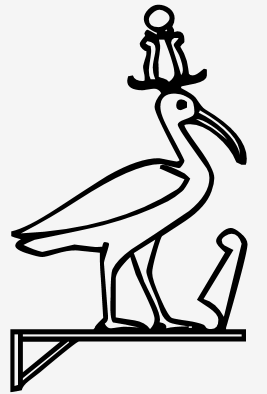- ἀΐδιον (aidion) – everlasting, eternal, perpetual, timeless (Plato Timaeus 29a.5)
- ἀναιρεθῆναι (anairethēnai) – to be taken up, carried away; destroyed, annulled; appointed, ordained, chosen
- ἄνοδον (anodon) – having no way or road, impassable
- ἀξιόλογα (axiologa) – (things) worthy of mention, remarkable; of note, important (Iamblichus DM 1.2.6.8)
- ἀποδείξει 1 (apodeixei) – to/for/by/with demonstration, publication, proof; display, achievement
- ἀποδείξει 2 (apodeixei) – he/she/it will point out, display, make known; publicize; demonstrate; represent
- βαλβίς (balbis) – rope drawn across the racecourse at the starting and finishing-point
- δεξάμενοι (dexamenoi) – (those) having taken, accepted, received; accepted; welcomed; expected
- ἐκεῖσε (ekeise) – thither, to that place; there; to the other world; in the intelligible world
- ἐπανελθεῖν (epanelthein) – to go back, return; recur, recapitulate; go up, ascend; rise up
- κρήνηνδε (krēnēnde) – to a well or spring
- κρίνειν (krinein) – to separate, distinguish; choose, decide; judge; interpret; question; bring to trial, accuse
- λογιζόμεθα (logizometha) – we count, reckon; take into account, calculate, consider; conclude by reasoning, infer
- παράδειγμα (paradeigma) – pattern, model; precedent, example; lesson, warning, argument; paradigm (Plato Parmenides 132d.2)
- πραθέν 1 (parthen) – to waste, ravage, sack; destroy, slay; get by plunder, take
- πραθέν 2 (parthen) – having been sold; exported; betrayed, ruined
- πλεῖον (pleion) – more, larger, greater (than)
